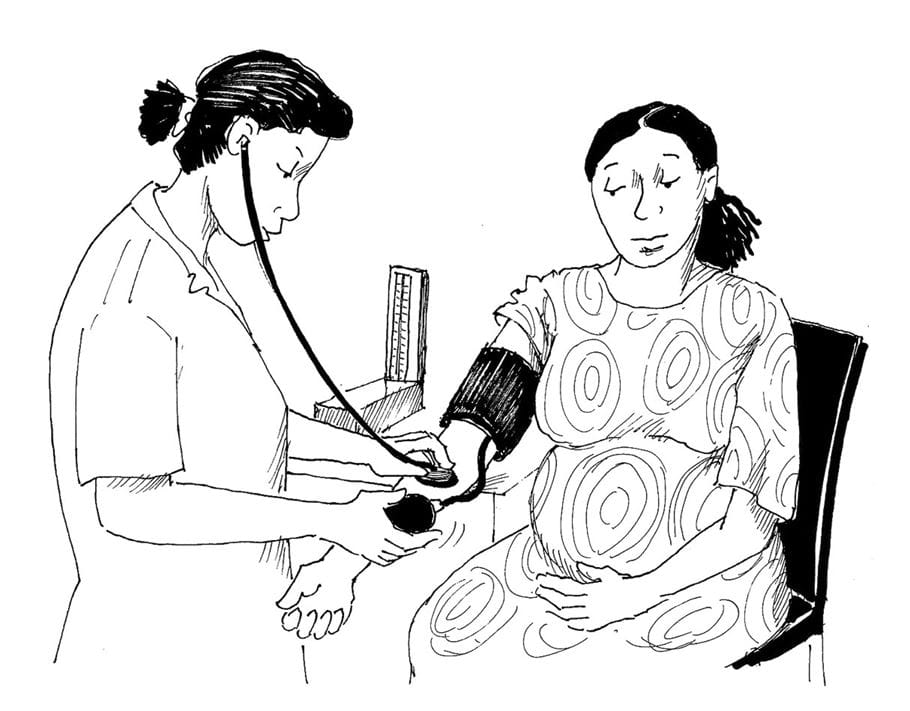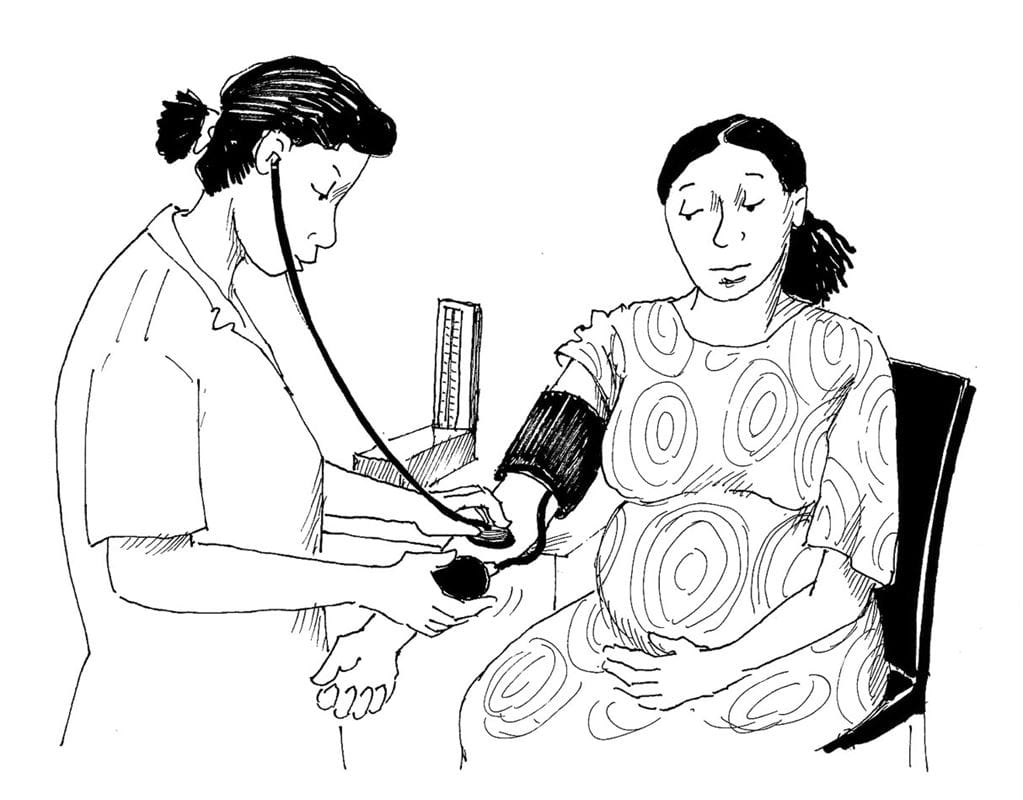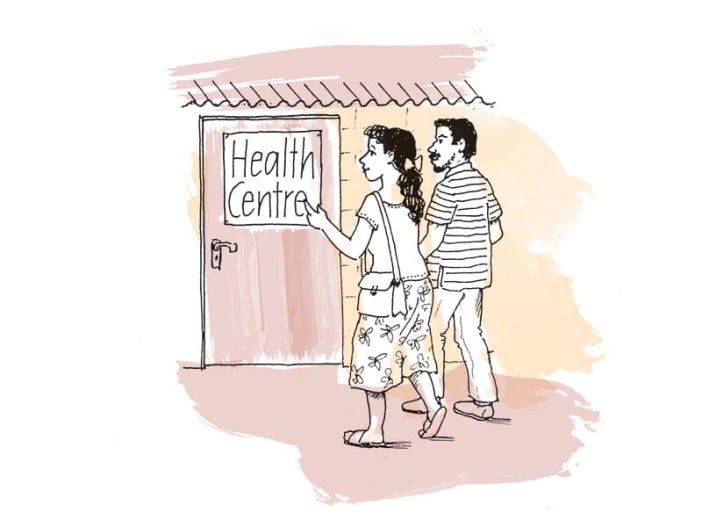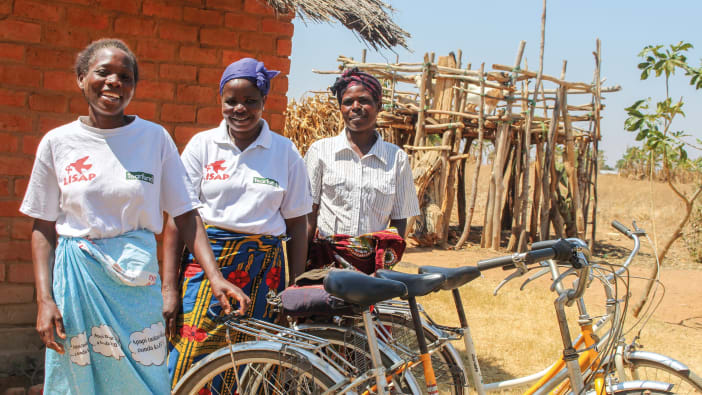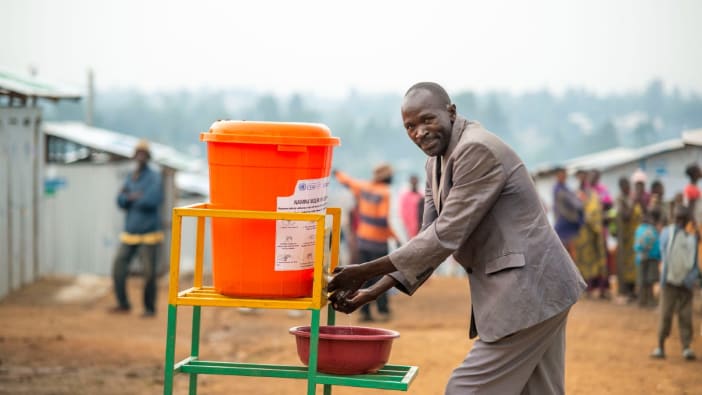I spent quite a few years in my earlier life trying to work out whether God exists. One day I thought to myself: ‘If God does exist and if he is a God of love, as people tell me, then surely he will make himself known to me.’
Within one week and after years of searching, I felt changed, transformed and certain. I started to read the Bible more carefully and I came across what I now call ‘The Nazareth Manifesto’ (Luke 4:17–19). When Jesus first stood up to tell the world who he was and what he had come to do, his mission statement was so simple. It was to bring good news to the poor, recovery of sight to the blind and freedom for those who were oppressed.
What a great vision! Is that ours, too? In Matthew’s gospel (chapter 25:37–45) we are given a bit more detail. We are told that when God finally sets his approval (or not) on what we have done in life, he will ask whether we have fed the hungry and cared for the sick.
What higher priority than that does health and development work receive?
A healthy partnership
A recent report by the World Health Organization estimates that between 30 and 70 per cent of health care in Africa is provided by faith-based organisations. That seems to show that many people are taking God at his word.
But there is more. A recent study has shown that more than four out of five people worldwide have a religious faith. In many countries it is far higher.
I have been thinking a lot about these issues – how faith and health go together. It seems to me that health workers who are enriched by faith in God need to have two priorities. The first is sharing and demonstrating the wonder of knowing God to friends, neighbours and acquaintances. The second is to share our God-given knowledge of science and how to live healthy lives with our friends and communities (and of course to demonstrate it as well!).
A lot we can all do
I lived with my family of five in a remote part of the Himalayas for many years. Most people there had no access to health care. So we worked with community members to find solutions. Together, we worked out ways to prevent and cure many illnesses by utilising local resources, training community health workers and using a few essential medicines. We found that up to four out of five illnesses could be prevented, cured or improved at community level.
Most of the ill health in that community was caused by infectious illness, poor nutrition and, increasingly, non-communicable diseases such as diabetes. But simple guidelines apply to all of us, urban or rural, rich or poor. If we eat healthy, nutritious food, remain at an ideal weight and take regular exercise (whether in our fields, streets or gyms), we can prolong our life. This is not just for our own benefit, but so we can support our families, our communities and our country.
Last year I visited the Anglican cathedral in Freetown, Sierra Leone. I was delighted to hear from the dean that they were getting involved in health care, despite all the problems the country has faced. On a recent Sunday, members of the congregation were encouraged to have their blood pressure taken by doctors after the evening service. High blood pressure is now the biggest cause of death worldwide. So blood pressure testing can be an excellent extra blessing that church leaders can bring to their congregation and community.
Wise advice and simple improvements can often give us further years of healthy life, so we can continue to enjoy and serve God’s world. Surely something this valuable is worth talking about in our sermons, our schools and our Bible colleges?




